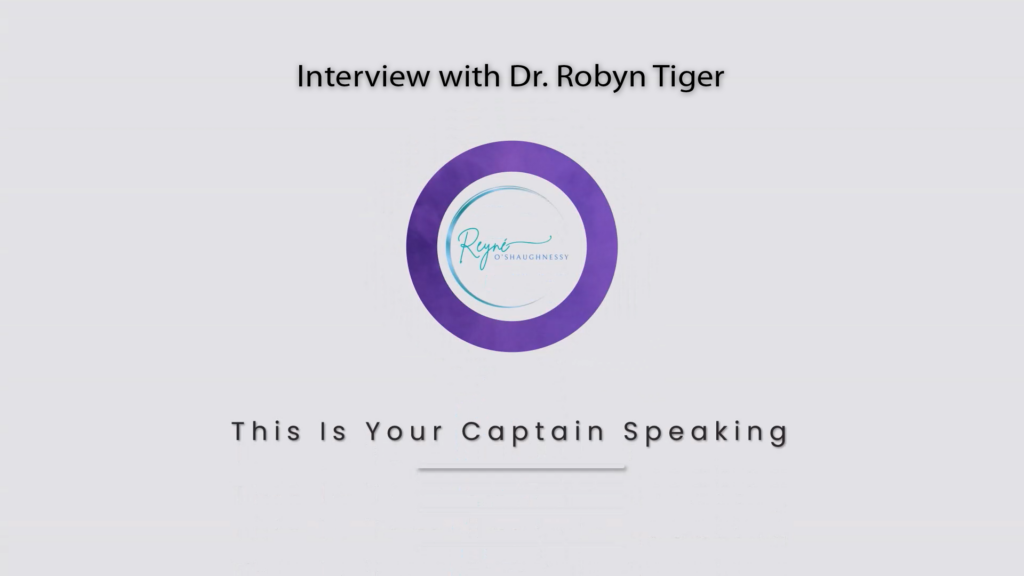I was recently approached by a company considering AI (artificial intelligence) for their mental health app for pilots. AI is the buzzword these days, but there’s a lot of debate and concern around its potential downsides, especially in the mental health space.
I want to expand on some key points from recent research and expert opinions:
Privacy and Data Security Concerns: The rapid adoption of AI in mental health has outpaced regulatory frameworks, leading to concerns about patient privacy and data security. Many digital mental health apps can collect sensitive data without clear guidelines on its management and protection, exposing users to privacy breaches (Brookings, WHO).
Quality and Effectiveness Issues: AI applications in mental health, such as therapy bots and mental health apps, often lack rigorous evaluation. This raises concerns about their effectiveness and the potential harm they might cause. For example, AI tools designed to handle serious mental health issues like suicidal ideation may fail to provide adequate support, leading to severe distress (Berkeley Public Health).
Dependency and Isolation: AI-driven mental health tools could foster dependency and social isolation. Users might become overly reliant on AI for support, reducing their interactions with real people and potentially worsening their mental health. This particularly concerns vulnerable populations like adolescents (Berkeley Public Health).
Ethical and Relational Concerns: AI could undermine the therapeutic relationship, which is central to psychotherapy. AI lacks the human experience of empathy and moral responsibility, which are crucial in building trust and effectively supporting patients (Berkeley Public Health, Frontiers).
Workplace Mental Health: AI’s impact on mental health in the workplace is mixed. While AI can improve work conditions and reduce stress for some employees, it can also contribute to job insecurity and stress due to job displacement and the de-skilling of labor. AI’s psychological impact varies across job types and demographic groups, requiring careful management (Frontiers).
In conclusion, while AI has the potential to enhance mental health services by increasing accessibility and efficiency, it also poses significant risks.
These include privacy concerns, inadequate support for serious mental health issues, the potential for increased social isolation, and ethical challenges related to therapeutic relationships. Addressing these risks will require robust regulatory frameworks, ethical guidelines, and ongoing research to ensure AI tools are used safely and effectively in mental health care.
Until next time, let fair winds prevail!
Captain ‘O
#ArtificialIntelligence #MentalHealth #AIMentalHealth #PrivacyConcerns #DataSecurity #MentalHealthApps #TherapyBots #MentalHealthCare #DigitalHealth #HealthTech #AIRegulation #PatientSafety #EthicalAI #TherapeuticRelationship #WorkplaceMentalHealth #AIinHealthcare #MentalWellness #TechInHealthcare #HealthDataPrivacy #AIEthics #MentalHealthSupport



